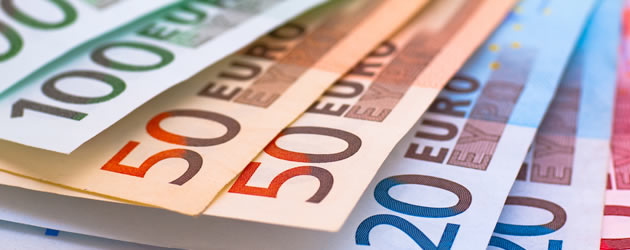The Euro to Australian Dollar (EUR/AUD) exchange rate was trading in a narrow range ahead of a European Central Bank (ECB) policy meeting in which the details of a proposed €1.1 trillion quantitative easing programme is expected to be unveiled.
The Euro to Australian Dollar (EUR/AUD) exchange rate touched a session low of 1.4102
The Australian Dollar gave up gains against many of its major peers after data showed that the nation’s trade deficit nearly doubled in the first month of 2015 from December 2014.
The deficit widened as the softer Australian Dollar caused imports to increase at a faster rate than exports.
According to the Australian Bureau of Statistics the trade deficit widened to A$980 million, a figure that was worse than the A$925 million figure forecast by economists. December’s data was also revised to show that the deficit widened from an initial reading of A$463 million to A$503 million.
Retail sales data took some of the edge of the edge off that data as it showed that sales increased by 0.4% in January. That figure was in line with market expectations and was an improvement on the preceding month’s figure of 0.2%.
ECB Leave Rates Unchanged
The Euro saw little movement as the ECB announced that policy makers left interest rates unchanged at the record low level of 0.05%. The bank also kept its deposit rate at minus at 0.20% meaning that banks have to pay to leave excess cash at the central bank.
The decision was widely expected by traders.
Market attention is now looking ahead to focus upon the upcoming press conference, which is, expected to see ECB President Mario Draghi reveal the details of the banks proposed QE programme.
Economists at the ECB are also scheduled to present new forecasts on Thursday. Analysts said they expected the forecast for economic growth in 2015 in the Eurozone to be revised upward, to 1.3% from 1%, and to 1.7% from 1.5% for 2016. There have been some indications that the Eurozone economy is improving, in part because of lower fuel prices and the effects of cheap borrowing rates.



